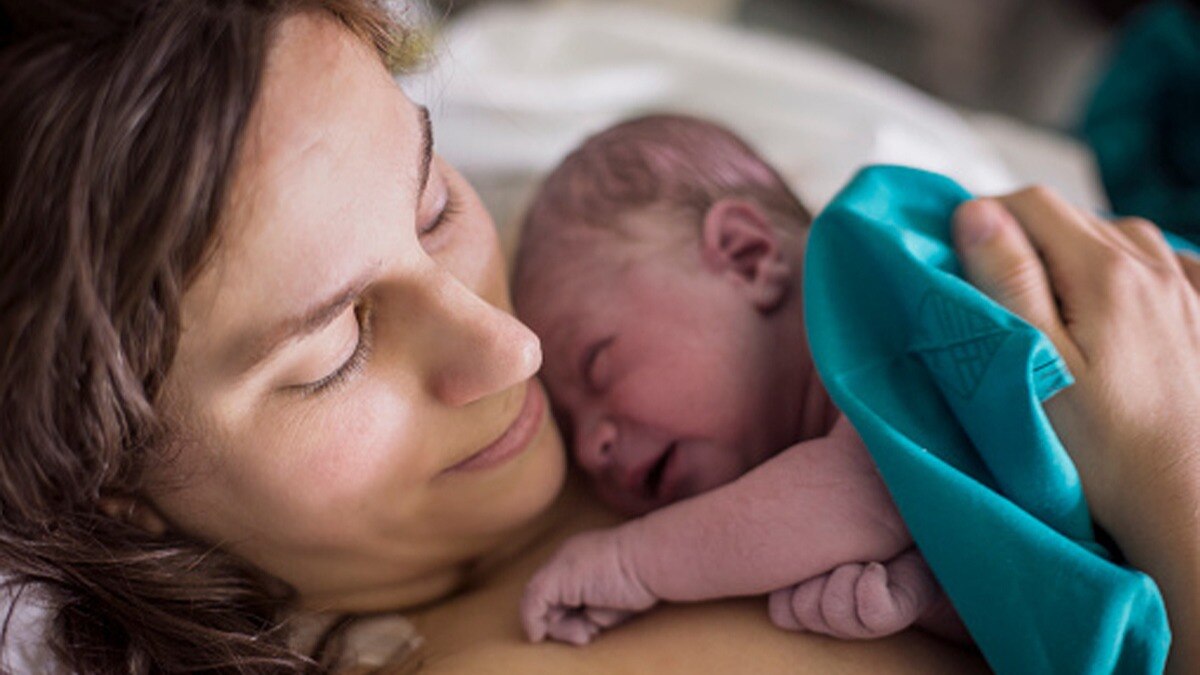Congenital disorders
Science says this is the right age to give birth
By India Today Health Desk: Scientists have identified the best age to give birth. Researchers at Semmelweis University in Budapest, Hungary, revealed that the “safest age” to have a child is between 23 and 32, as the chances of certain birth defects are the lowest at that maternal age.
The findings published in the journal BJOG: an International Journal of Obstetrics & Gynaecology, investigated the relationship between maternal age and non-genetic birth anomalies, and their results.
advertisement
ALSO READ | Precautions for high-risk pregnancy: Managing high blood pressure, diabetes
“First, we tried to determine the ten-year age period during which the fewest such congenital abnormalities occurred. We found that between 23 and 32 can be the ideal age for giving birth. Then we identified the age groups where the risk is higher compared to this safest period,” said Dr Boglarka Petho, assistant professor at Semmelweis University and the first author of the study.
The researchers found that the risk of developing non-chromosomal abnormalities increased by 20 per cent in general for births under the age of 22 and by 15 per cent above the age of 32 compared to the ideal childbearing age (23-32).
The scientists analysed 31,128 pregnancies complicated by non-chromosomal developmental disorders, using data from the Hungarian Case-Control Surveillance of Congenital Abnormalities between 1980 and 2009.
Of anomalies affecting only young mothers, central nervous system malformations of the fetus were the most prominent. The risk of their development can generally increase by 25 per cent in the category under the age of 22. The rise is even higher at an age below 20.
Among the abnormalities affecting only the fetuses of older mothers, the risk of congenital disorders of the head, neck, ears and eyes showed a doubled increase (by 100 per cent), which was significantly more noticeable in pregnancies over the age of 40.
ALSO READ | Feeling low and tired? Try these foods to recharge your energy
“Non-genetic birth disorders can often develop from the mothers’ long-term exposure to environmental effects. Since the childbearing age in the developed world has been pushed back to an extreme extent, it is more important than ever to react appropriately to this trend,” said Prof. Nándor cs, director of the Department of Obstetrics and Gynecology at Semmelweis University.
Previous research has confirmed the correlation between genetic disorders (such as Down syndrome) and maternal age. However, the literature is still incomplete in the case of non-chromosomal anomalies.
— ENDS —

